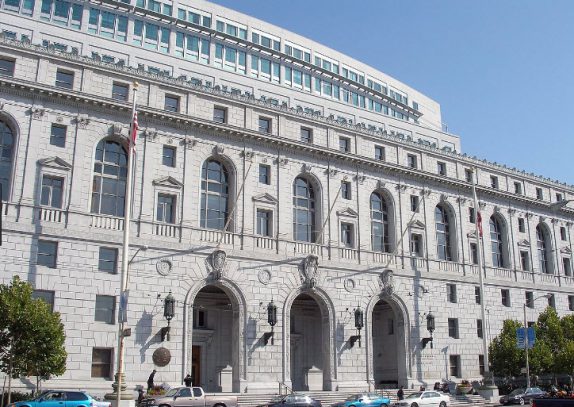Yesterday, the United States District Court for the Central District of California denied two employers’ motion for a preliminary injunction to enjoin the enforcement of Assembly Bill 5 (“AB 5”). AB 5, which pertains to the classification of employees and independent contractors, codifies the California Supreme Court’s 2018 decision in Dynamex Operations W. v. Superior Court, 4 Cal. 5th 903 (2018). (See KYL Alert dated January 23, 2020). The Dynamex standard, commonly described as the “ABC test,” carries a presumption of employee status unless the hiring entity can establish three elements under the test. In denying the preliminary injunction in Lydia Olson, et al. v. State of California, et al., Judge Dolly M. Gee rejected Postmates and Uber’s argument that AB 5 irrationally targets gig economy companies and workers. Rather, Judge Gee found the “State’s asserted interest in protecting exploited workers to address the erosion of the middle class and income inequality” to be a rational purpose underlying AB 5. Moreover, on balance of the equities, Judge Gee considered the companies’ burden in complying with AB 5 to be outweighed by the public interest in the State’s ability to ensure proper calculation of low income workers’ wage and benefits, to protect compliant businesses from unfair competition, and to collect tax revenue from employers to administer public benefits programs. Taken together, Judge Gee’s denial of the preliminary injunction is grounded on the fact that the companies failed to show serious questions going to the merits, and the balance of equities and the public interest weighed in favor of the State’s enforcement of AB 5.
Judge Gee’s ruling comes shortly after the filing of a Ninth Circuit appeal by California Attorney General Xavier Becerra and various state agencies in a related AB 5 case, California Trucking Association, et al. v. Becerra, et al. In that case, another judge in the Central District of California issued a preliminary injunction enjoining the State from enforcing AB 5 as to motor carriers operating in California. (See KYL Alert dated January 23, 2020). The split in the decisions appears primed for resolution before the Ninth Circuit and, perhaps, ultimately before the U.S. Supreme Court.
– Keesal, Young & Logan Employment Group
This information has been prepared by Keesal, Young & Logan for informational purposes only and is not legal advice. Transmission of the information is not intended to create, and receipt does not constitute, an attorney-client relationship between you and Keesal, Young & Logan. You should not act upon this information without seeking professional counsel.
